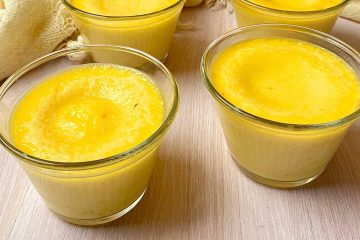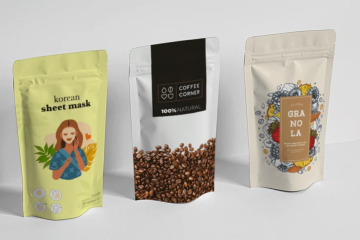Pakistani and Northern Indian cuisine is a delightful amalgamation of rich flavours, vibrant colours, and aromatic spices. This culinary tradition has evolved over centuries, drawing influences from Persian, Mughal, and Central Asian cultures.
The journey of these delectable dishes from farm to plate is a testament to the region’s agricultural abundance, culinary expertise, and cultural heritage.
The Agricultural Heartland
The journey of authentic Pakistani and Northern Indian cuisine begins in the lush and fertile fields of the Indus Valley and the northern plains of India. Blessed with diverse climatic conditions, this region produces various crops, fruits, and vegetables.
Punjab, often called the breadbasket of Pakistan and India, is renowned for its wheat, rice, and sugarcane. Similarly, the fertile lands of Sindh and the northern states of India, like Uttar Pradesh and Haryana, yield abundant fresh produce, including lentils, chickpeas, and many vegetables.
Fresh, locally sourced ingredients are a hallmark of Pakistani and Northern Indian cuisine.
Farmers in these regions employ traditional farming techniques passed down through generations, ensuring the produce retains its natural flavour and nutritional value.
Seasonal fruits and vegetables play a pivotal role in the culinary landscape, with dishes often tailored to the produce available during different times of the year.
The Spice Trail
No discussion of Pakistani and Northern Indian cuisine is complete without mentioning the spices. Spices are the soul of these cuisines, imparting depth and complexity to every dish. The spice trail, with historical roots dating back to ancient trade routes, combines myriad flavours from cumin, coriander, and turmeric to garam masala, cardamom, and cloves.
In the bustling markets of Lahore, Karachi, Delhi, and Amritsar, one can find a dizzying array of spices, each with its unique aroma and taste. These spices are often ground fresh to preserve their potency, and their careful blending sets apart an authentic dish from an ordinary one.
The mastery of spice blending is a skill honed over the years, often within the confines of family kitchens, passed down from generation to generation.
Culinary Artistry
The culinary journey continues in the kitchens, where age-old recipes come to life. Pakistani and Northern Indian cuisine celebrates culinary artistry, where cooking is considered both a science and an art. Traditional method such as slow cooking, clay oven baking (tandoor), and open-flame grilling are integral to these cuisines.
One of the most iconic dishes is the biryani, a fragrant rice dish layered with marinated meat, saffron, and a medley of spices. Each region has its version, be it the Sindhi biryani with its tangy yoghurt and green chilli base or the Mughlai biryani with its rich, creamy texture. Another staple is the naan, a soft, pillowy bread baked in a tandoor, often served with succulent kebabs or rich, hearty curries like butter chicken or lamb rogan josh.
Vegetarian dishes also hold a place of pride, with lentils (dal), paneer (cottage cheese), and various vegetable curries forming the backbone of daily meals. Dishes like chole bhature (spiced chickpeas with deep-fried bread) and saag paneer (spinach and cottage cheese) are beloved across the region.
Cultural Significance
Beyond the flavours and aromas, Pakistani and Northern Indian cuisine is deeply intertwined with cultural and social traditions. Food is often at the heart of festivals, celebrations, and family gatherings. Preparing and sharing meals are acts of love and community, bringing people together and creating lasting memories.
In rural areas, communal cooking is still prevalent, with villagers coming together to prepare large meals for special occasions. Traditional recipes are cherished in urban settings, with modern twists to suit contemporary palates.
Street food culture, with its bustling stalls and vibrant energy, is a testament to the region’s love for food. From the spicy chaat of Delhi to the savoury samosas of Karachi, street food offers a window into the culinary soul of the region.
From Farm to Plate
The journey from farm to plate is a story of tradition, craftsmanship, and passion. Pakistani and Northern Indian cuisine, with its rich tapestry of flavours and techniques, offers a culinary experience that is both comforting and exhilarating.
Each dish tells a story, from the fields where the ingredients are grown to the kitchens where they are lovingly prepared. This cuisine is not just about eating; it’s about savouring the essence of a culture that values hospitality, flavour, and the joy of sharing a good meal.



